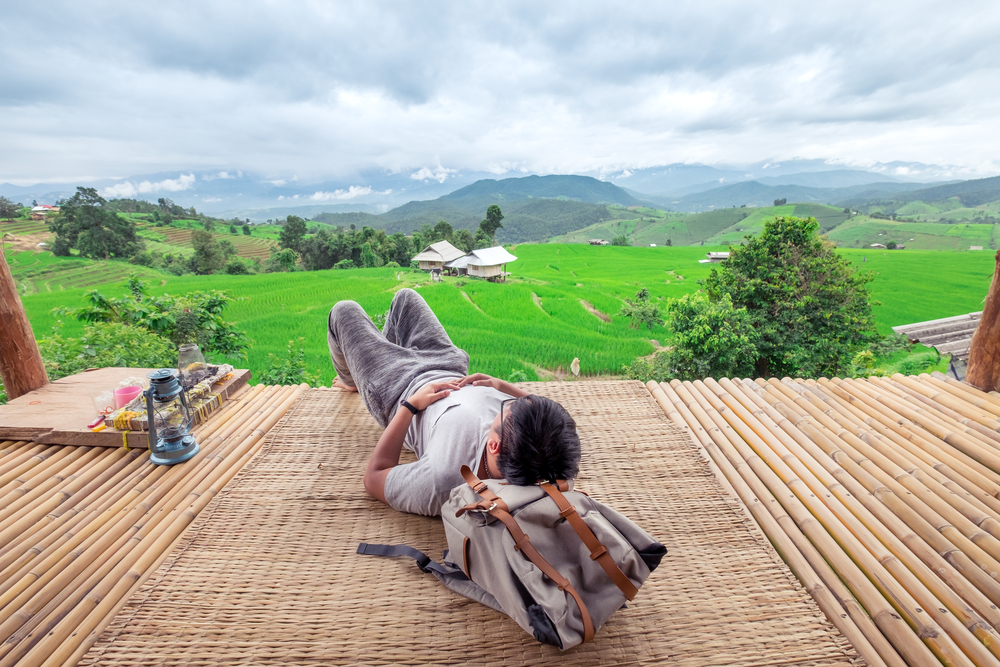
Pent-up demand for immersive travel experiences with no set time limit could help ‘slow travel’ become the next big tourism trend. With tourists opting for longer stays due to many being able to work remotely, and sustainability featuring more heavily in travel decisions, it is clear that slow travel could be a global phenomenon in the next few years, says GlobalData, a leading data and analytics company.
Slow travel mainly refers to the speed of which a trip is taken, where travelers take a train through Europe instead of flying, for example. However, it also has a broader meaning of tourists staying in destinations for longer, emphasizing a connection with local people, culture, food and music. This means that slow travel is also more sustainable for local communities and the environment.
Johanna Bonhill-Smith, Travel & Tourism Analyst at GlobalData, comments: “Various consumer trends already suggest that slow travel could take off post-pandemic. A trip longer than ten nights is more highly desired (22%) than a day visit (10%) or short break away from one to three nights (14%) according to a live poll from GlobalData*. The added hassle and cost of additional COVID-19 related travel requirements such as PCR tests and potential quarantine periods means that short trips lose value, justifying a longer trip.”
There is also a larger remote workforce across the globe due to the COVID-19 pandemic. Over 70% of global respondents opted to work remotely full time or have a mixture of both remote and office work in another GlobalData poll**. Many offices are likely to be more flexible regarding working hours and the location of an employee as a result of the pandemic, meaning blending work and leisure will be easier for employees.
Sustainability is also at the forefront of consumers’ decisions. ‘Supporting social causes’ was identified as a key driver in product purchases for 25% of global respondents in GlobalData’s Q1 2021 consumer survey*** and for 45% this was ‘nice to have’. Preference for products can reflect on service trends and this identifies that consumers may feel more inclined to support local communities post-pandemic, which is a gap that ‘slow travel’ can fill.
Bonhill-Smith adds: “Competition is already intensifying between both niche and major travel intermediaries, suggesting that slow travel is sure to make its mark in post-pandemic travel. Travel intermediaries that offer ‘slow travel’ holidays range from niche operators such as Intrepid Travel and Responsible Travel to more mainstream providers such as Airbnb and Expedia Group.
“This niche trend reflects consumers’ growing desire for more experiential forms of travel, going above and beyond the hordes of tourists gathered for sun, sea and sand. Its potential growth could further rival the concept of mass tourism and the all-inclusive package holiday concept in travel’s recovery post COVID-19.”


Comments are closed.